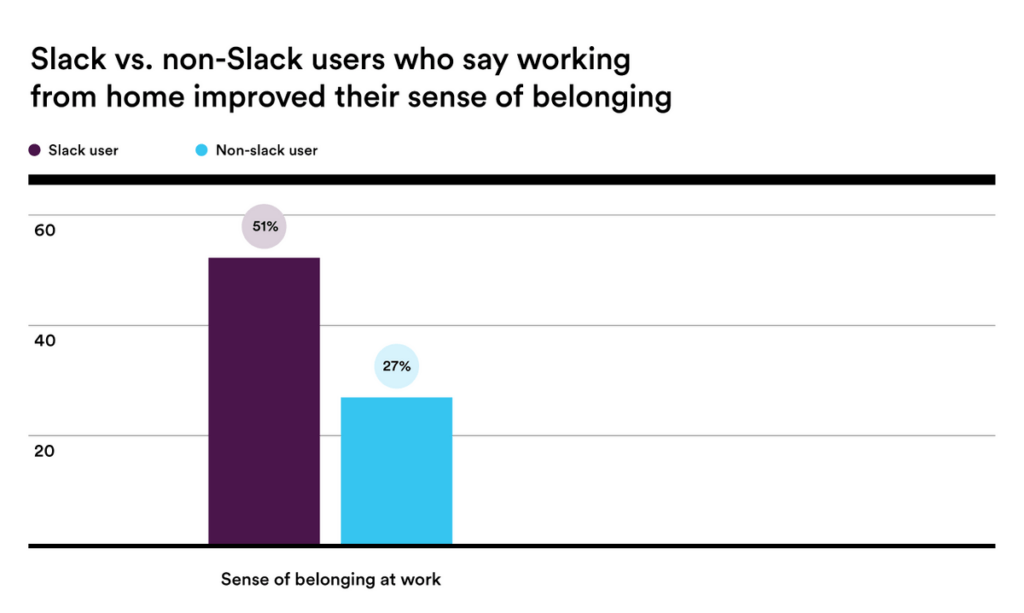Few societal changes occurred as quickly as the pivot to remote work following the World Health Organization’s (WHO) officially declaring COVID-19 a pandemic on March 11. In the US alone, almost 45% of nearly 3,000 knowledge workers reported working remotely in March 2020, with 86% of newly remote workers making the switch because of the coronavirus pandemic. And overall, it is estimated that in key areas of companies’ business models, organisations’ adoption of technology sped up by three to seven years in a matter of months.
In a world of flux, change is the only constant. Even as we emerge from the shadow of COVID-19, the lessons learnt from that period of uncertainty can help inform future product and business strategies in an ever-changing environment. To learn how product management changed during COVID-19, we spoke to Irene, a product manager in Singapore working on cybersecurity products at a B2B telecommunications company and drew out 4 lessons that continue to resonate in a post-pandemic world.


